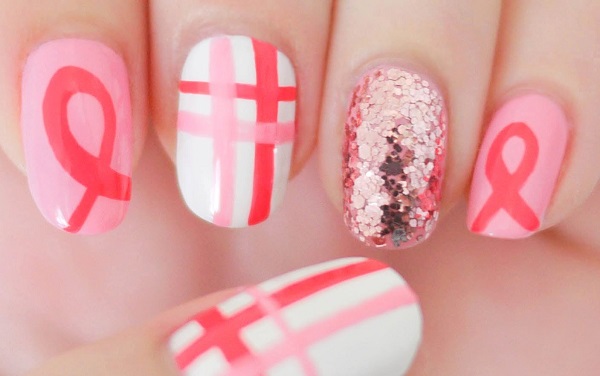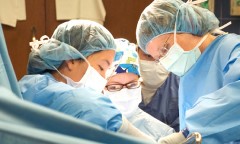By James Morales, | February 09, 2017

Breast Cancer Cure
Breast cancer is among the leading causes of disease-related deaths among women. A new breast cancer cure dubbed as a "wonder drug" by Pfizer was thrashed by NHS because of its unreasonable $100,000 tag price for a typical treatment course. On the other hand, researchers have found a way to unlock a potential cancer vaccine.
Like Us on Facebook
The breast cancer cure, called "palbociclib" sold by the name Ibrance from Pfizer, has been cleared for use in the United States. However, despite successful trials in UK, NHS deemed the wonder drug to be unreasonably expensive, thus banning the drug for use in the country. Baroness Delyth Morgan, chief executive of Breast Cancer Now, says that the appraised value of the drug is "unfit for purpose," The Sun reports.
The $100,000 (£79,650) price for treatment would prevent the drug from reaching patients who are in dire need of it. According to statistics, there are roughly 5,500 breast cancer patients in UK alone. Though indignant about the price offering, David Crosby of Breast Cancer Care admits that the drug "can put the brakes on the growth of certain types of incurable cancer for longer."
The breakthrough breast cancer cure can offer a second line of defence by any chance the tumour becomes resistant to some other types of treatment. It can even extend a patient's life up to ten months even if the disease is deemed incurable already. So far, Pfizer is not open to offer any discount for NHS patients.
On the other hand, another breast cancer cure is on its way, as researchers from Mayo Clinic found that immune-related approaches could soon lead to developing a vaccine against different types of cancer. However, their objective is more on the preventive side rather than the solution.
They found out that when normal breast tissue is compared with a breast tissue with benign disease, several types of immune cells are present on the latter, primarily dendritic cells and macrophages which provides an immune response. Women who have lower amounts of antibody-producing immune cells later develop breast cancer. Therefore, harnessing the immune responses of the body could lead to developing a cancer vaccine as the best option for breast cancer cure, as reported by Science Daily.
-
Use of Coronavirus Pandemic Drones Raises Privacy Concerns: Drones Spread Fear, Local Officials Say

-
Coronavirus Hampers The Delivery Of Lockheed Martin F-35 Stealth Fighters For 2020

-
Instagram Speeds Up Plans to Add Account Memorialization Feature Due to COVID-19 Deaths

-
NASA: Perseverance Plans to Bring 'Mars Rock' to Earth in 2031

-
600 Dead And 3,000 In The Hospital as Iranians Believed Drinking High-Concentrations of Alcohol Can Cure The Coronavirus

-
600 Dead And 3,000 In The Hospital as Iranians Believed Drinking High-Concentrations of Alcohol Can Cure The Coronavirus

-
COVID-19: Doctors, Nurses Use Virtual Reality to Learn New Skills in Treating Coronavirus Patients










